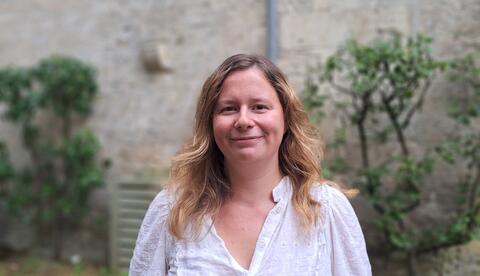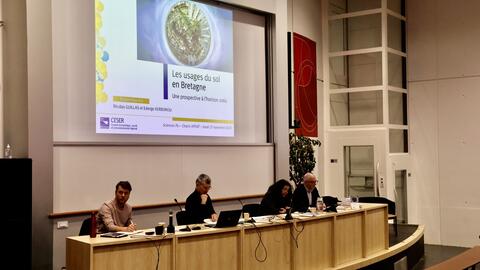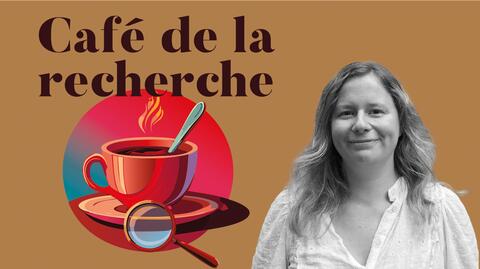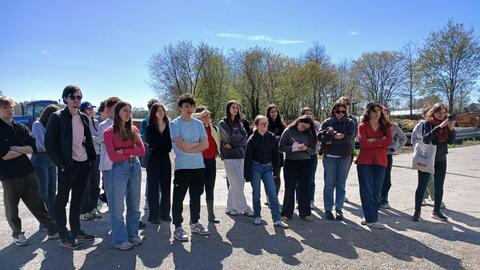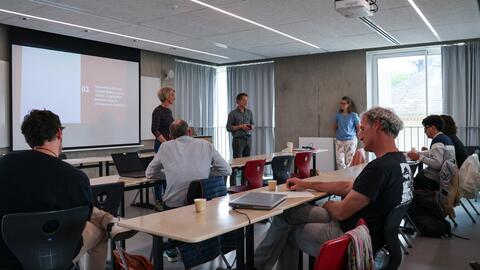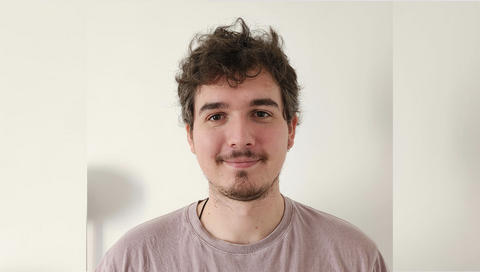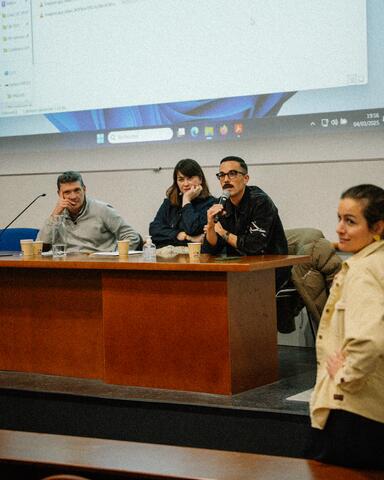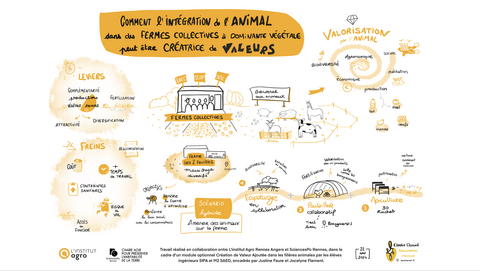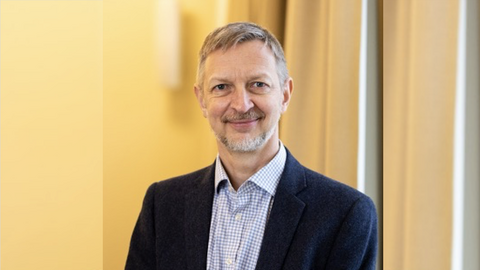In a context of increasing likelihood that Earth will be uninhabitable in the future, public policy must be reinvented and redesigned to encompass territories. Because the window for action is small, the transitional phase presents risks and requires democratic and expert-led arbitration.
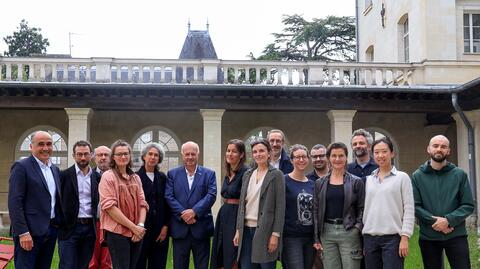
Sciences Po Rennes has established the Taking Action to Ensure that Earth remains Habitable Research and Teaching Chair. This multidisciplinary Chair combines approaches and knowledge from the humanities and social sciences, environmental sciences and engineering sciences and uses methodological tools to study challenges facing socio-ecological systems, sustainable development, strategic guidance and management, social acceptability and stakeholder participation.
A Partnership Chair
The APHAT Chair is directed by Sciences Po Rennes in partnership with ENS Rennes, EHESP and Institut Agro Rennes-Angers. It is supported by a three-year government funding scheme as part of an ‘objectives and performance’ contract (COMP) with the French government. This funding was granted to Sciences Po Rennes and Université de Rennes.
Cross-cutting education on planetary boundaries and the identification and evaluation of environmental and social impacts
The APHAT Chair is a learning opportunity for Sciences Po Rennes students, both as part of their fourth-year general curriculum classes and specialized Master’s courses. Students enrolled in the Organization and Project Management (MOP), Governing Regional Change (GMT)and Concertation and Regions in Transition (CTT) Master’s programs will benefit from, and take part in, research carried out in the framework of the Chair.
The Chair will also lead several initiatives designed for elected officials and decision-makers.
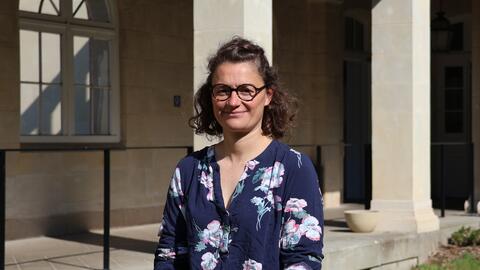
Chairholder: Dr Gaëlle Petit
Gaëlle Petit is a research professor of management sciences at Sciences Po Rennes, trained and specialized in agri-food engineering. She completed a doctorate degree at AgroParisTech and led three post-doctoral projects at the Oniris VetAgroBio in Nantes, INRAE Nantes and the Institut Agro Dijon. She became a lecturer at Sciences Po Rennes in 2021. Her research focuses on transitions, sustainable development, the circular economy, as well as managerial aspects of performance, evaluation in decision-making and global strategy in organizations that work together. She heads the Management and Organizations (MOP) Master’s programat Sciences Po Rennes.
Types of partnerships
Partnerships are possible with public and private institutions and can take the form of sponsorships, public subsidies, project-specific funding or institutional support:
- Sponsorship (in the case of private entities) or subsidies (in the case of public entities): minimum three-year (preferably five-year) open-ended funding commitment (tax-deductible for the sponsor)
- Project-specific funding: additional support for a specific, jointly developed project (funding for an internship, post-doctoral position or a specific conference, for example)
- Support in the form of researcher hours (institutional partners): Temporary transfer of employees from institutional partners to take part in research projects.
APHAT Chair members will respond jointly to calls for research and academic project proposals.
Three governing bodies
1. Office of the Chair
The Office will be composed of the Chair’s primary financial partners and Sciences Po Rennes representatives. It will meet twice a year to establish interim reports and forecasts on research and projects underway.
2. Steering Committee
The Steering Committee is composed of representatives from all Chair partners and from Sciences Po Rennes. Invitations can be extended to leading figures in the field from other organizations. The Committee will meet twice a year to co-develop the research and academic program.
3. Scientific Panel
In line with the objective of co-producing high-level research on the challenges of ensuring that Earth remains habitable, a group of associated scientists and experts will be created for the APHAT Chair. Members of this group will meet twice a year in the form of a committee.
Objectives
1. High-level research on the challenges of habitability on Earth
2. Cross-cutting education on planetary boundaries and the identification and evaluation of environmental and social impacts
3. Knowledge sharing and increased awareness on the part of the general public on these issues.
Three areas of research
Area 1: food sovereignty
Area 2: the circular economy and territorial metabolism
Area 3: safeguarding life


